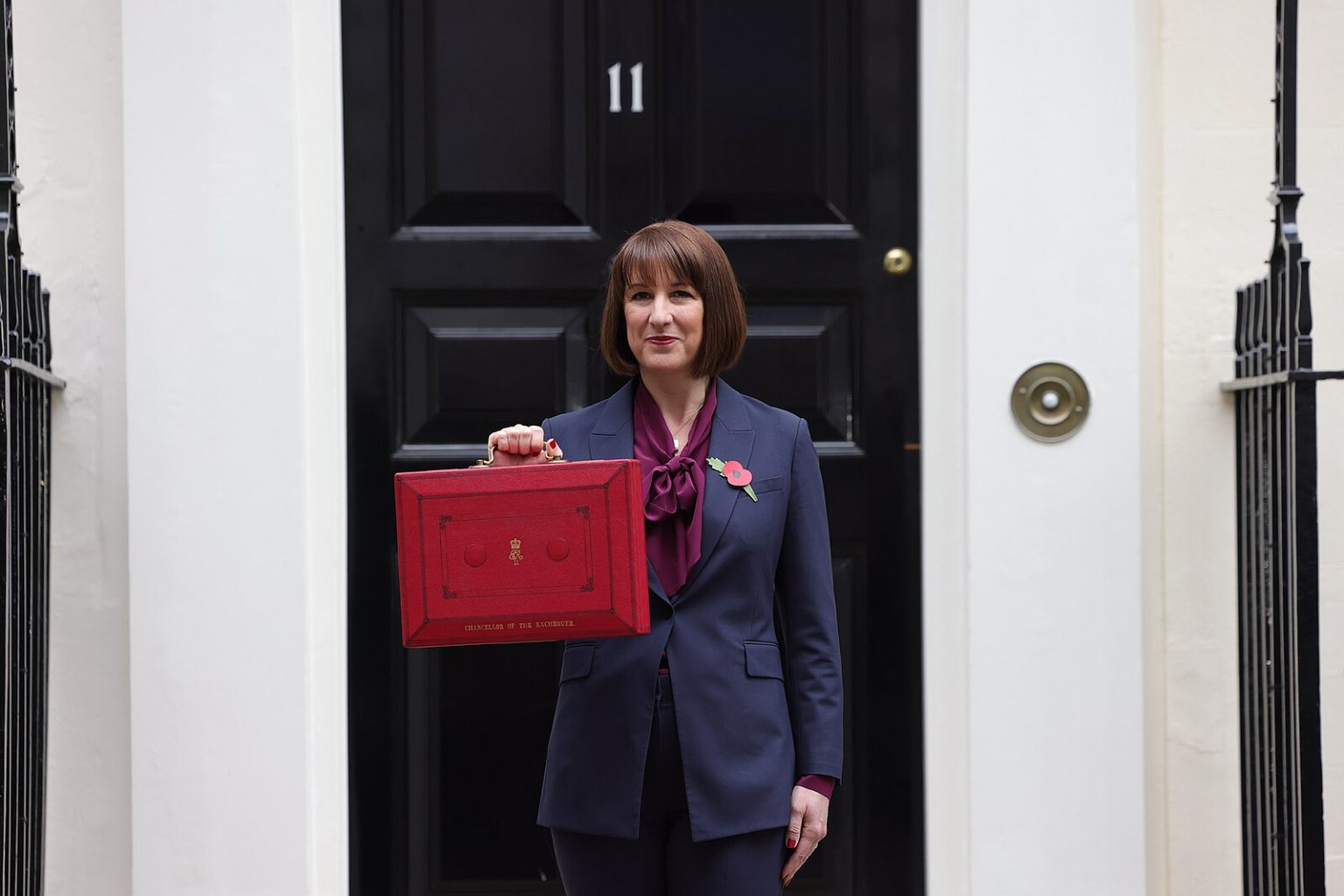In an increasingly globalized world, many individuals and businesses hold assets and generate income across multiple jurisdictions. Often, the question we encounter is, “How would HMRC know what assets or income I have abroad?” The short answer is: the significant international developments in the recent years have dramatically improved tax transparency.
A New Era of Tax Transparency
Over the past decade, there has been a concerted effort globally to tackle aggressive tax planning, avoidance, and evasion. Central to these efforts are international agreements that facilitate the automatic exchange of information between tax authorities across borders.
One of the most significant advancements in this area is the Common Reporting Standard (CRS) developed by the Organisation for Economic Co-operation and Development (OECD) and the G20. Over 100 jurisdictions, including the UK, have committed to CRS, enabling them to automatically share information about financial accounts and investments held by taxpayers abroad. This means that if you have assets or income in a participating country, the details are likely being reported back to HMRC.
In the UK, the requirements of the CRS have been incorporated into domestic law through the International Tax Compliance Regulations 2015. These regulations ensure that financial institutions in the UK report relevant information to HMRC, which is then shared with other tax authorities globally, and vice versa.
Information reported:
• Name
• Address
• Jurisdiction of residence
• Tax Identification Number (TIN)
• Date of Birth
• Place of Birth
• Account number or functional equivalent
• Name and identifying number (if any) of Reporting Financial Institution
• Account balance or value
• Total gross amount of interest
• Total gross amount of dividends
• Total gross amount of other income paid or credited to the account
• The total gross proceeds from the sale or redemption of property paid or credited to the account.
Measures Against Evasion and Non-Compliance
However, CRS is just one piece of the puzzle. Recognizing that some may attempt to circumvent these reporting requirements, further measures have been implemented to address these risks. In 2018, the OECD introduced the Model Mandatory Disclosure Rules (MDR) to counteract CRS avoidance schemes and opaque offshore structures. These rules require intermediaries—such as lawyers, accountants, financial advisors, and banks—to disclose any arrangements designed to avoid CRS reporting or obscure the identification of beneficial owners.
Additionally, the European Union introduced Directive 2018/822 (known as DAC 6), which mandates the reporting of aggressive cross-border tax-planning arrangements. Following Brexit, the UK has transitioned to implementing the OECD’s MDR, further aligning with international tax transparency standards.
The UK’s Commitment to International Standards
The UK’s commitment to these international standards is evident in its legislative actions. For example, the International Tax Enforcement (Disclosable Arrangements) Regulations 2023 came into force in March 2023, replacing the previous DAC 6 rules. This marks the UK’s full transition from European to international tax transparency rules.
In Summary
To answer the original question—how would HMRC know what assets or income you have abroad? The answer lies in the robust and interconnected framework of international agreements and domestic regulations designed to ensure transparency and combat tax evasion. Through initiatives like CRS, MDR, and DAC 6, tax authorities worldwide, including HMRC, have unprecedented access to information about taxpayers’ global financial activities.
For taxpayers, this means that full transparency and compliance are more important than ever. It’s not just about following the rules—it’s about understanding that the global landscape of tax enforcement has fundamentally changed.
To ensure you are compliant with your multi-jurisdictional tax affairs, please contact us for an initial consultation.

February 7, 2025
Stay Compliant & Protect Your Brand—Take Ac

October 31, 2024
Autumn Budget 2024: How this affects you?

August 27, 2024
Offshore Funds & Assets as Secret as a Billbo

August 1, 2024
Changes to the taxation of non-UK domiciled indivi

July 26, 2024
